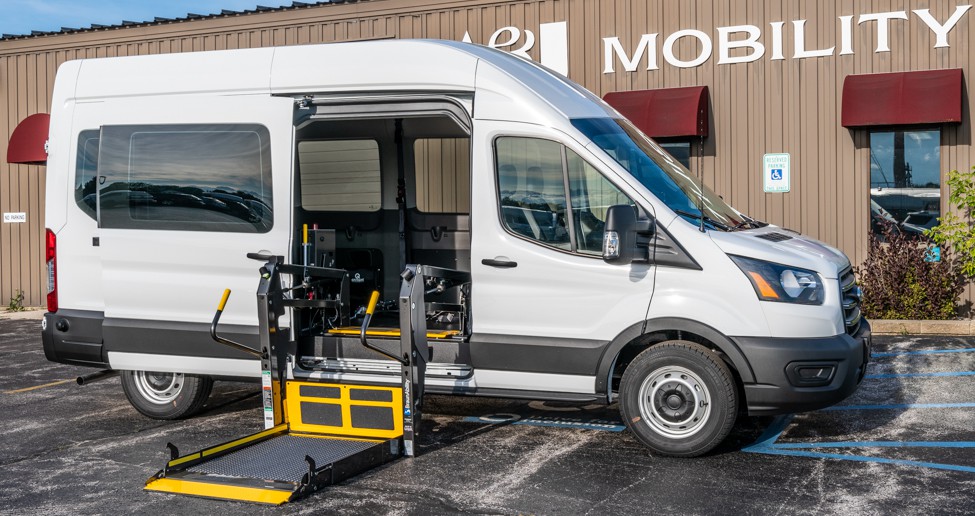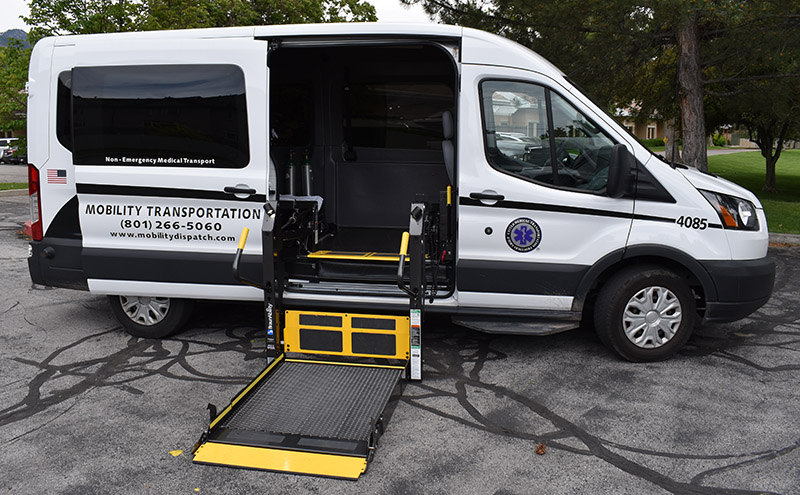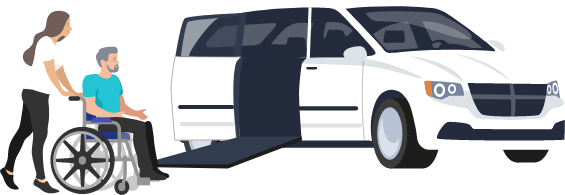Affordable and Accessible Medical Transport Options for each Situation
In the world of health care, the ability to access clinical solutions is paramount, yet the obstacle of budget-friendly and easily accessible transportation can often prevent people from obtaining needed care. By checking out specific clinical transportation services, area transport programs, ride-sharing and taxi solutions, non-emergency medical transport, as well as public transit and paratransit alternatives, people can locate opportunities that provide to their certain needs and ensure they obtain the care they need.
Specialized Medical Transportation Services
Specialized medical transportation services play an essential duty in making sure secure and effective transport for people calling for specialized treatment throughout transportation. These services accommodate clients with distinct medical demands, such as those requiring consistent tracking, specialized equipment, or medical treatments throughout transportation. By using specially equipped automobiles and experienced clinical employees, specialized medical transportation services ensure that people get the essential treatment while being transferred between healthcare centers, houses, or other areas.
One secret aspect of specific clinical transport services is the emphasis on patient comfort and safety and security. Clinical transport teams are educated to handle different clinical conditions and emergency situations that might emerge throughout transit, offering a greater degree of treatment than traditional transport options. Furthermore, these services often provide door-to-door support, minimizing the anxiety and pain that clients may experience throughout transfers.
Community Transport Programs
Having resolved the critical duty of specialized medical transportation solutions in ensuring safe and efficient transport for people with one-of-a-kind clinical requirements, the focus currently shifts to examining Area Transportation Programs - medical transportation. These programs play a crucial function in offering inexpensive and available transportation options for the basic population, including seniors, people with impairments, and low-income families who may face challenges in accessing standard transport choices
Neighborhood Transport Programs incorporate a variety of services such as fixed-route buses, paratransit services, volunteer driver programs, and ridesharing efforts. These programs are commonly funded by city governments, charitable organizations, or personal companies to make sure that individuals have trusted transport alternatives to get to medical visits, food store, social activities, and various other essential locations.
Ride-Sharing and Taxi Solutions

One of the crucial benefits of ride-sharing and taxi services is their accessibility. These solutions run 24/7, enabling people to travel to medical visits, drug stores, or medical facilities at any moment of the day. In addition, ride-sharing and taxi solutions deal with individuals with flexibility difficulties by supplying wheelchair-accessible cars upon request.
Additionally, ride-sharing and taxi services can be specifically valuable for individuals living in locations with minimal public transport choices. By connecting the gap in between home and health care facilities, these solutions play an essential role in ensuring that every person has access to vital medical navigate to this website solutions.
Non-Emergency Medical Transportation

Non-Emergency Medical Transportation providers generally employ trained personnel that are experienced in helping individuals with varying medical demands (medical transportation). These experts make certain that clients are securely moved to their destinations in a prompt way, resolving any kind of details requirements or clinical tools essential during the trip. By using door-to-door service, Non-Emergency Medical Transport enhances the total access of medical care for individuals that might or else battle to attend critical medical visits. In general, these services contribute dramatically to boosting healthcare results by facilitating the seamless transport of individuals to non-urgent clinical centers.
Public Transportation and Paratransit Options
Public transit and paratransit options provide important transportation services for people with varying movement needs, guaranteeing accessibility to essential destinations such as clinical centers and appointments. Public transportation systems, consisting of buses, trains, and trains, offer an economical and widely readily available mode of transportation for people seeking to reach clinical visits. These solutions are particularly valuable for those who may not have accessibility to exclusive vehicles or need help as a result of movement difficulties.
Paratransit services provide especially to people with disabilities who are incapable to use typical public transport. These solutions supply door-to-door transport, suiting individuals with wheelchairs, pedestrians, or other wheelchair aids. Paratransit automobiles are furnished with YOURURL.com features such as wheelchair ramps and securement systems to ensure the secure and comfortable transportation of travelers with varying wheelchair requirements.

Conclusion
